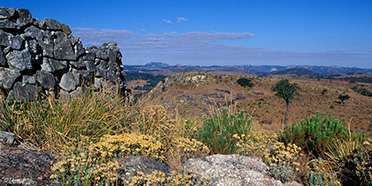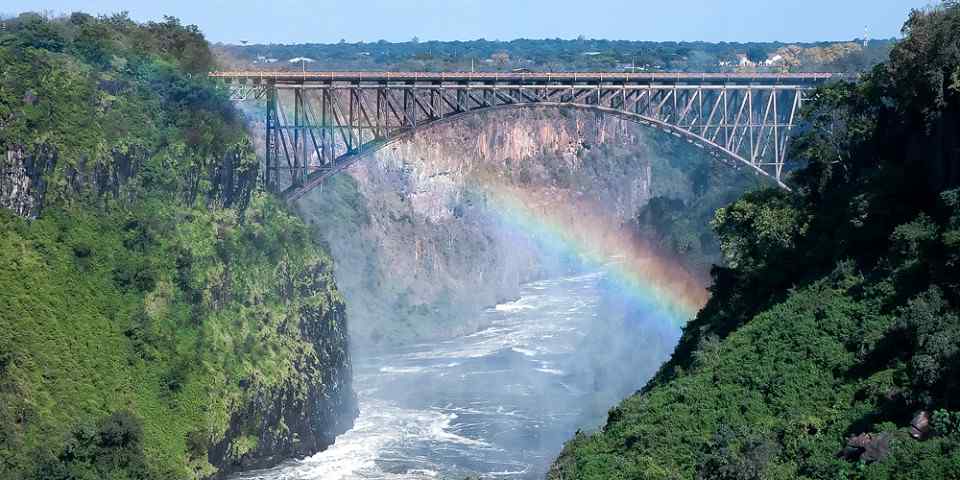
Safari Tours to Nyanga NP
-
![11-Day Victoria Falls to Harare Accommodated Safari Tour]()
11-Day Victoria Falls to Harare Accommodated Safari Tour
$4,279 pp (USD)
Zimbabwe: Shared tour (max 20 people per vehicle)
Mid-range Lodge & ResortYou Visit: Victoria Falls (Start), Hwange NP, Matobo NP, Great Zimbabwe (Ruins), Nyanga NP (Eastern Highlands), Harare (City), Harare Airport (End)

Africa Zim Travel & Tours
4.9/5 – 162 Reviews
-
![12-Day Zimbabwe Tour]()
12-Day Zimbabwe Tour
$4,791 to $5,261 pp (USD)
Botswana & Zimbabwe: Shared tour (max 12 people per vehicle)
Mid-range Lodge & ResortYou Visit: Victoria Falls (Start), Chobe NP, Hwange NP, Bulawayo (City), Matobo NP, Great Zimbabwe (Ruins), Nyanga NP (Eastern Highlands), Harare (City), Harare Airport (End)

DK Tours and Safaris
5.0/5 – 46 Reviews
-
![12-Day Around Zimbabwe Game Drives and Scenic Tour]()
12-Day Around Zimbabwe Game Drives and Scenic Tour
$5,310 pp (USD)
Zimbabwe: Private tour
Mid-range Lodge & Tented CampYou Visit: Harare (Start), Nyanga NP (Eastern Highlands), Great Zimbabwe (Ruins), Bulawayo (City), Hwange NP, Victoria Falls, Victoria Falls Airport (End)

Cultural Vibes Travel & Tours
5.0/5 – 141 Reviews

 Zimbabwe Parks
Zimbabwe Parks







_2196_5b631a3036ccc.gif)

